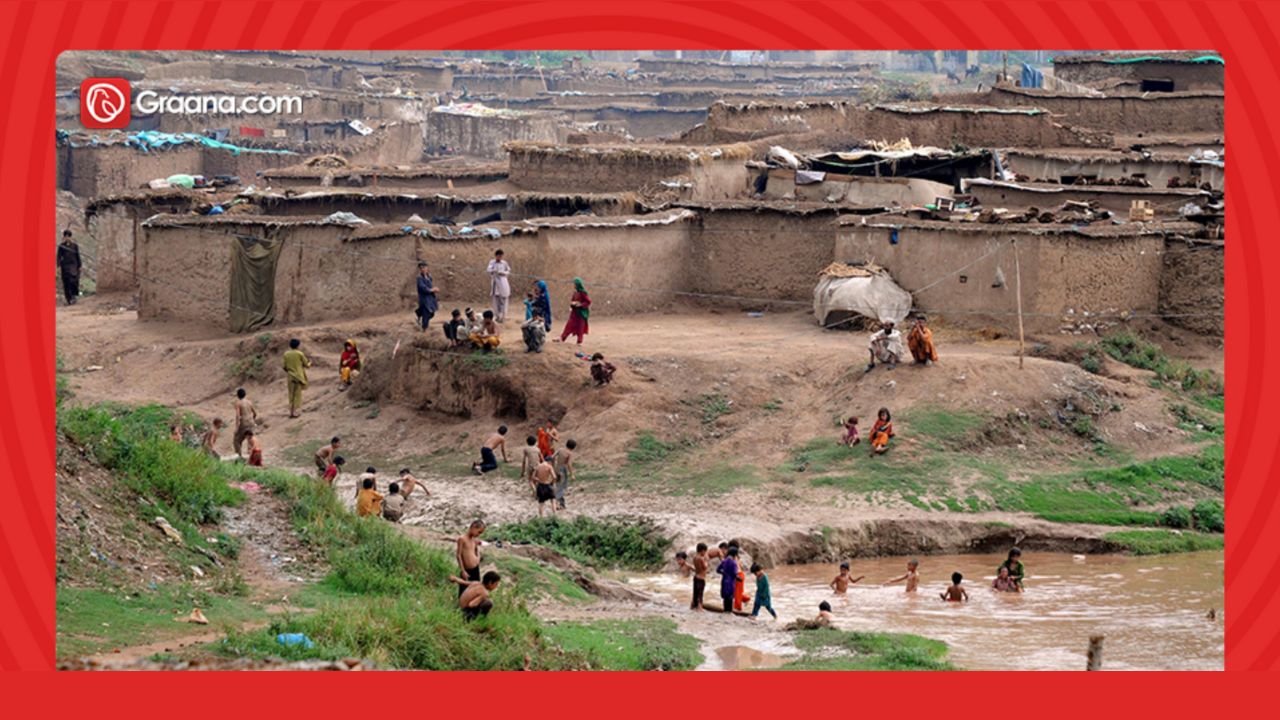Cities are being globally threatened by population growth, rapid urban expansion, and migration of people from rural to urban areas. As a result, cities are under constant pressure to accommodate the massive urban population.
The inadequate and unaffordable houses in cities have driven low-income people into substandard informal settlements located at the periphery or public lands. The rise of informal settlements is a radical indicator of social exclusion in a spatial form, creating a dimensional poverty trap.
These settlements lead to a slow decline in social productivity and economic growth. Cities have tried to solve this problem by either compensating residents to move or forcibly evicting and relocating them to urban outskirts.
However, this approach resulted in bigger problems like an amplified urban footprint, the vulnerability of residents to violent extremism, and isolation from social networks and urban delivery services.
Therefore, informal settlements should be upgraded inclusively to present lucrative opportunities for their residents. It will create productive citizens and also contribute towards economic development and prosperity.
Upgrading of Informal Settlements in Pakistan
Around a quarter of the world’s urban population reside in informal and squatter settlements. Pakistan too is facing an unprecedented housing crisis resulting in a rapid increase in informal settlements.
A third of the country’s population faces urban challenges, which have forced more than 50% of the population to live in slums (UN-Habitat, 2018).
For example, in Karachi, 64% of the population lives in informal settlements, 562 of which are regularised by the government, and the remaining 424 are non-regularized, hence without the security of tenure (UN-Habitat, 2022).
Moreover, estimates regarding the number of slum dwellers vary between 23 to 32 million people in the country (Khawar, 2015). 36% of slums are not registered or are illegal in the country, making them vulnerable to forced evictions (UNICEF, 2020).
The government of Pakistan has forced evictions in the past, but those were without relocation or resettlement plans, consultation with the residents, or incentivizing the affectee. For example, Katchi Abadi of I-11 Islamabad was demolished by CDA, which resulted in a massive protest (DAWN, 2016).
Furthermore, no effective policies or projects are underway to address the challenges of informal settlements. For example, projects like Islamabad’s 10th Avenue Project will displace 14000 slum dwellers without any relocation plan (Abbasi, 2022).
The Sindh government is trying to regularise the slum areas of Karachi by giving ownership rights to the residents living there for the last 40 years (DAWN, 2022).
Despite these efforts, there is no guarantee that such initiative will improve their living standards or alleviate poverty or not.
Therefore, Pakistan needs effective informal settlement upgrading strategies that are long-term, inclusive, inexpensive, and viable. This is essential to increase social productivity and economic growth.
Graana.com, in collaboration with the Iqbal Institute of Policy Studies, discusses ways to upgrade the informal settlements of Pakistan.
How Can Pakistan Upgrade its Informal Settlements?
Upgrading In Situ is More Effective than Relocating
City governments often demolish informal settlements or displace slum dwellers to achieve slum-free cities. Such practices reform these settlements either in new locations or on the city margins with scarce services and scanty livelihood options.
Moreover, social networks are broken, and the cost of transportation and networked infrastructure becomes high for these residents. Therefore, cities must be transformed into slum-friendly cities by adopting in situ upgrading programs that are more effective than the relocation of informal settlements.
It is the progressive upgrading of an existing informal settlement through intervention by the municipality and other state institutions to create sustainable and equitable cities. Through this method, such settlements are seen as opportunities rather than problems.
It regulates informal settlements by formalizing them, provides tenure security, and improves access to social services by improving housing structures. This solves the housing shortage and improves the city’s productivity.
For example, Kisumu, Kenya’s third largest city, had a population of 500,000, efficiently transformed and resolved its problems associated with informal settlements through in situ upgrading (UN-Habitat, 2006).
Adopting Thailand’s Baan Mankong Program
Thailand’s Baan Mankong Program is a locally adaptable initiative that can work at a large scale. It has improved the lives of more than 90,000 households in 1546 communities across the country (Norford & Virsilas, 2016).
Conventionally, informal settlement upgrading is overlooked and funded by the government. This ignores community involvement resulting in minimal improvements in a few targeted areas.
However, Baan Mankong Program is completely community-driven, which involves research and mapping of all the informal settlements and developing strategic plans accordingly with the help of NGOs, experts, and public and private sectors.
Once negotiations with the community regarding land tenure are finalized, loans are provided to the residents, which allow them to decide where and how they want to improve their community.
The community is in charge of identifying land, constructing their own homes, and negotiating deals directly with the concerned parties. This empowers them to determine how best to meet their unique demands.
For example, households could negotiate land deals that allowed them to remain in place, and more than 78% were either able to negotiate a long-term lease or cooperative land ownership with the title.
Green Upgrading in Informal Settlements
Intense human activities aggravate climate vulnerability. Low-income urban residents are particularly vulnerable to being affected by climate change as they are more likely to live in high-risk areas such as floodplains and steep slopes and often lack access to basic infrastructure and services.
Cities account for more than 70 % of greenhouse gas emissions (Dasgupta, Lall, & Wheeler, 2022). Thus, they must lead in climate change mitigation to avoid a global temperature rise while also improving their residents’ living conditions, health, and safety.
For this purpose, investing in low-carbon and resilient infrastructure will reduce carbon emissions and prevent the displacement of slum dwellers living in low-lying areas.
Such developments could improve the air and water quality as well as could be a source of additional amenities like surplus food, sufficient energy, and effective service delivery for informal settlers.
For example, an informal settlement in O Portiño, Spain, was fully renovated with proper access and recreation areas according to the policies of the green economy. This action automatically revalued land and houses in the area (Gago-Cortés & Corti, 2015).
Conclusion
Informal settlements are a huge challenge for developing countries like Pakistan. They not only congest the cities but also acquire profitable land which could be utilized effectively for various development projects.
Therefore, the government must upgrade these squatter settlements instead of displacing or demolishing them. The aforementioned approaches are inclusive and can help address various challenges related to informal settlements.
Such upgrading policies and practices will improve the productivity of cities and drive economic prosperity and growth in the long run.
This article is written by Haneen Gul. Haneen Gul is a Research Analyst at the Iqbal Institute of Policy Studies (IIPS).

























